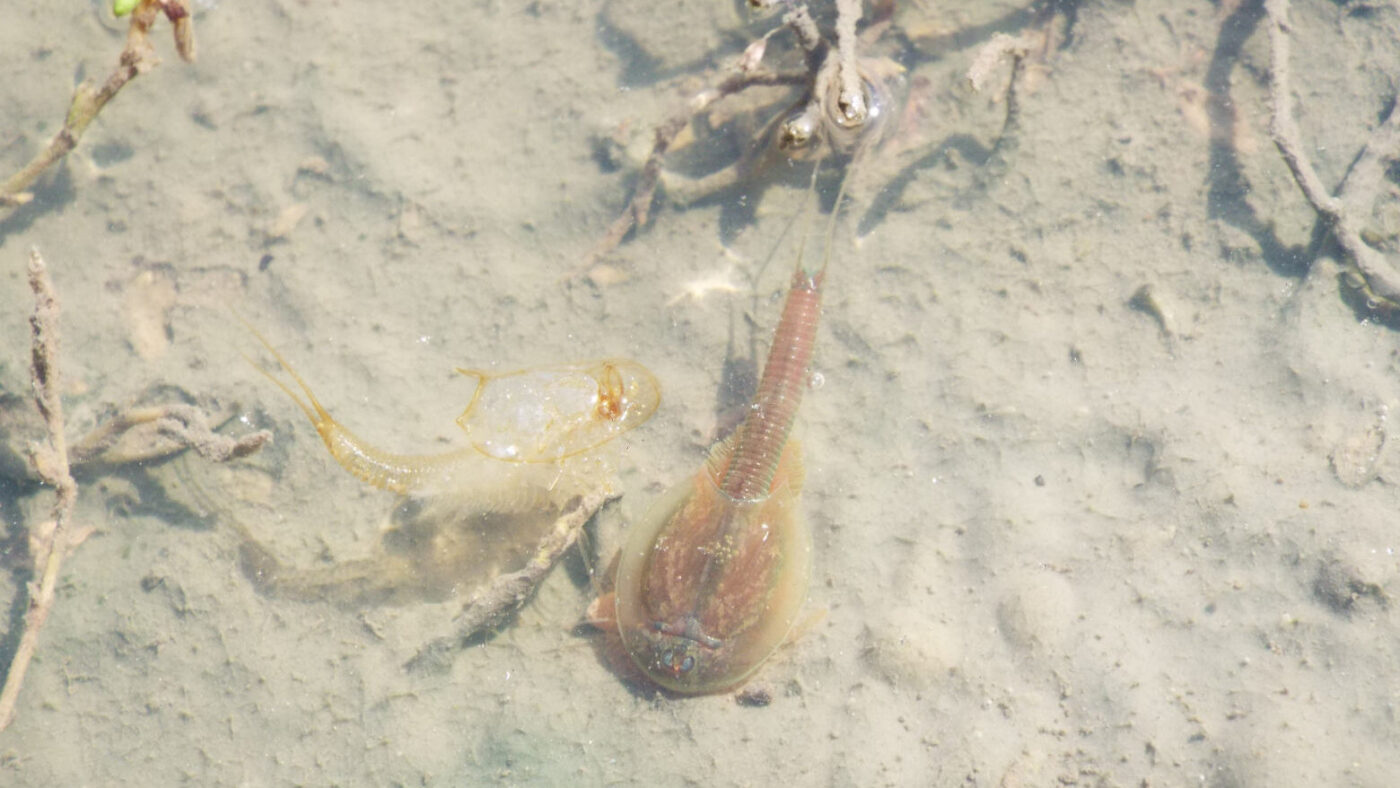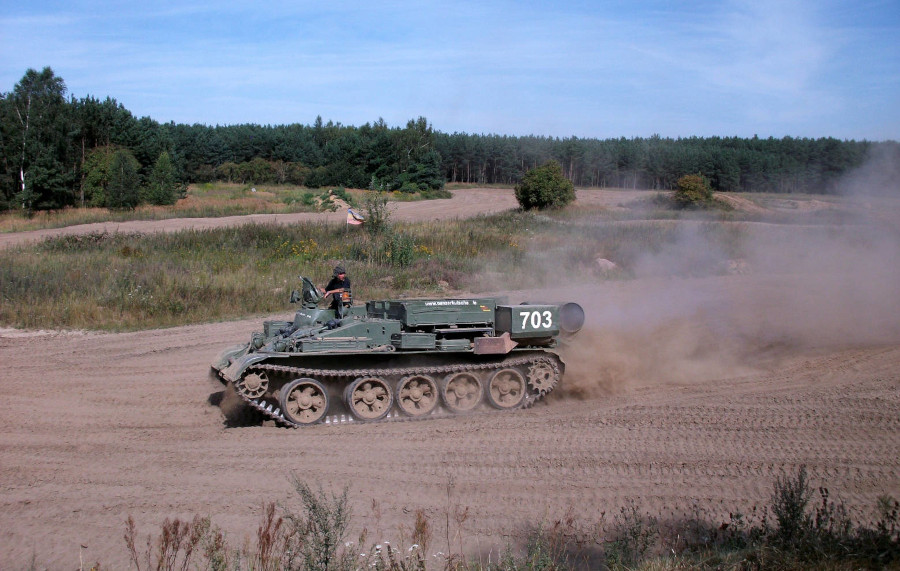Guide
Triops habitats in Germany, Austria and Switzerland
Triops are fascinating and mysterious creatures that are often referred to as “living fossils”. These small crustaceans, often referred to as prehistoric crustaceans, have existed virtually unchanged for millions of years. They are known for their unique way of life and their ability to survive in temporary waters. But where exactly can you find Triops in Germany, Austria and Switzerland? In this blog post, I explore this question.

Triops in nature
The Triops’ way of life is a masterpiece of evolution. They can survive in extreme environments, from dry deserts to polluted ponds. Their eggs can remain in a desiccated state for years until they come into contact with water again and hatch. This unique life cycle allows Triops to adapt to the changing conditions of their habitats and survive. Although Triops may often appear as small, inconspicuous creatures, they play an important role in their ecosystems. They serve as food for many other animals, including birds, fish and amphibians.
Studying and observing Triops in the wild not only provides insights into the fascinating world of these prehistoric creatures, but also helps to deepen our understanding of the complexity and diversity of life on our planet. Triops are not only small miracles of evolution, but also an important part of natural habitats that need to be protected and preserved. During my research for this blog post, I was unfortunately unable to find a complete list of all habitats in Germany, Austria and Switzerland. At this point, we have to make do with general and selective information.
Germany
In Germany, Triops are mainly found in shallow waters such as temporary puddles, pools and small lakes. They are particularly common in the eastern federal states, such as Brandenburg, Saxony-Anhalt and Mecklenburg-Western Pomerania. These regions offer ideal conditions for Triops, as they have sufficiently moist habitats that develop in spring and early summer when rainfall increases. Most finds are located on military training grounds and in the vicinity of the brick industry. Triops habitats can also be found at fish ponds. In the greater Hanover area, the find at the Kugelfangtrift in Vahrenheide from 1980 is known. In Lower Saxony, there are around ten sites near Hanover, Hildesheim, Cuxhaven and in the Lüneburger Heide.

Austria
Triops can also be found in various regions in Austria. They are particularly common in the eastern federal states such as Burgenland, Lower Austria – in the March floodplains – and Styria. Here, similar to Germany, they find temporary bodies of water such as puddles, pools and small ponds that form during the rainy season. Triops can also be found in suitable habitats at higher altitudes, such as the Alps.
Switzerland
Triops are less common in Switzerland than in Germany and Austria, but they have also been sighted here in various regions. Triops can be found in temporary bodies of water, particularly in low-lying areas such as the Swiss Plateau and along river floodplains. Triops have also been sighted in some nature reserves and wetlands in Switzerland, where they can benefit from the natural living conditions.
Protection and conservation of Triops habitats
Despite their fascinating nature, Triops are vulnerable to changes in their habitat. The destruction of wetlands, pollution of water bodies and climate change are just some of the threats Triops face. It is therefore important to protect and conserve their habitats to ensure the survival of these unique creatures.
Through information and environmental education measures, people can be encouraged to recognise the importance of wetlands and temporary water bodies for biodiversity and support measures to protect these sensitive habitats. By working together, we can help to preserve the Triops habitats in Germany, Austria and Switzerland and at the same time contribute to the conservation of biodiversity.
- Fault in shipment tracking - 10. May 2024
- Osmosis water in the aquarium: A guide for aquarium enthusiasts - 5. May 2024
- Vietnam: Hundreds of thousands of fish die due to drought and heat - 3. May 2024